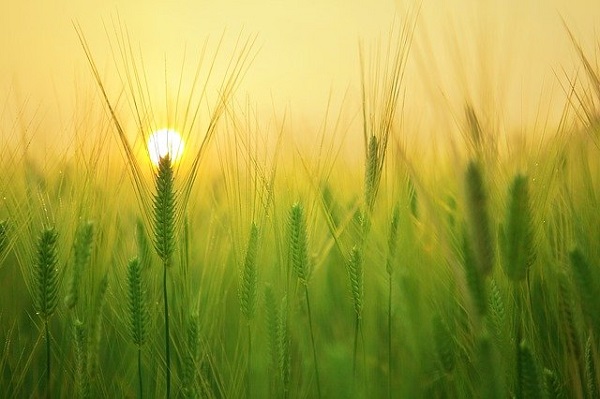
Luxembourg's Ministry of Agriculture, Viticulture and Rural Development has presented a new package of measures aimed at mitigating the impact of the Russia-Ukraine war on the agricultural sector.
Since the beginning of the Russian invasion of Ukraine, which has resulted in disruptions on the world markets for agricultural products, Luxembourg's Minister of Agriculture, Viticulture and Rural Development, Claude Haagen, has been following the situation of the markets very closely while being in constant exchange with the representatives of the various sectors, according to the ministry.
Given the surge in energy and fertiliser prices and the increase in world cereal prices, and in particular cattle feed, Minister Haagen has put together a support package in consultation with the sector comprising six specific measures:
- Temporary use of fallow land for cultivation of legumes: Luxembourg, in solidarity with other European Union (EU) Member States, supported the European Commission's proposal in order to cushion the impact for producers and strengthen food security on the continent. Minister Haagen stressed, however, that the expected yield is low given that in all about 250 hectares of fallow land are currently declared. In addition, this derogation provided for in Regulation (EU) 2022/484 will be limited to the 2021/22 crop year.
- Third support plan for companies in difficulty in the pork sector: In order to partially compensate for the negative effects of the drop in pork production due to the COVID-19 crisis, Luxembourg's Agriculture Minister had decided, in accordance with the provisions of the EU Treaty, to set up additional financial aid for farms in the pig sector. This non-refundable capital aid, which amounts to a maximum of €40,000 per pig farm, is subject to various conditions, in particular the decline in turnover compared to the pre-COVID-19 crisis period. Companies in difficulty were able to submit their request until 15 May 2022.
- "Solidaritéitspak": aid scheme in the form of a guarantee: On 22 April 2022, Luxembourg's Government Council adopted a bill aimed at setting up an aid scheme in the form of guarantees on bank loans which also applies to agri-food processing companies. These bank loans are intended to meet the liquidity needs of companies established in Luxembourg caused by the economic consequences of Russia's aggression against Ukraine.
- Temporary reduction in the sale price of agricultural diesel: The sale price of diesel used exclusively for agricultural, viticultural and horticultural work dropped by 7.5 cents per litre including tax as of 16 May 2022. This measure will remain in effect until 31 July 2022.
- Financial aid to producers via the agricultural crisis reserve under the common agricultural policy (CAP): This aid is based on the provisions of article 219 of EU regulation 1308/2013 establishing a common organisation of agricultural markets. The aid takes the form of a non-reimbursable capital grant and consists of an amount of aid paid per hectare. It is foreseen that the aid paid per hectare will vary according to the technical and economic orientation of holdings in the agricultural, wine-growing and horticultural sector. The aid is subject to the condition that producers in the agricultural sector wishing to benefit from it undertake to use production methods favourable to the environment and the climate, i.e. they must participate in the premium for the maintenance of the landscape and the natural space. The overall budget available for this aid amounts to €1,330,710, including €443,570 made available to Luxembourg by the EU budget and additional national aid of €887,140. Agricultural, wine-growing and horticultural operators are required to apply for this aid. The modalities in question will be communicated as soon as possible, once the European Commission has given its approval.
- "Solidaritéitspak": Compensation for additional costs linked to the increase in the prices of energy, fertilisers and inputs: Depending on the evolution of the markets, the Agriculture Ministry will provide additional aid to offset part of the additional costs linked to the rise in the prices of energy, fertilisers and inputs, up to a maximum of €35,000 per company. This aid scheme will make it possible, where appropriate, to support businesses carrying out activities in the field of primary agricultural production.
With this package of measures, the Agriculture Ministry intends to provide a rapid response in order to support the agricultural sector and that of agricultural transformation impacted by the consequences of the COVID-19 crisis and the war in Ukraine.








